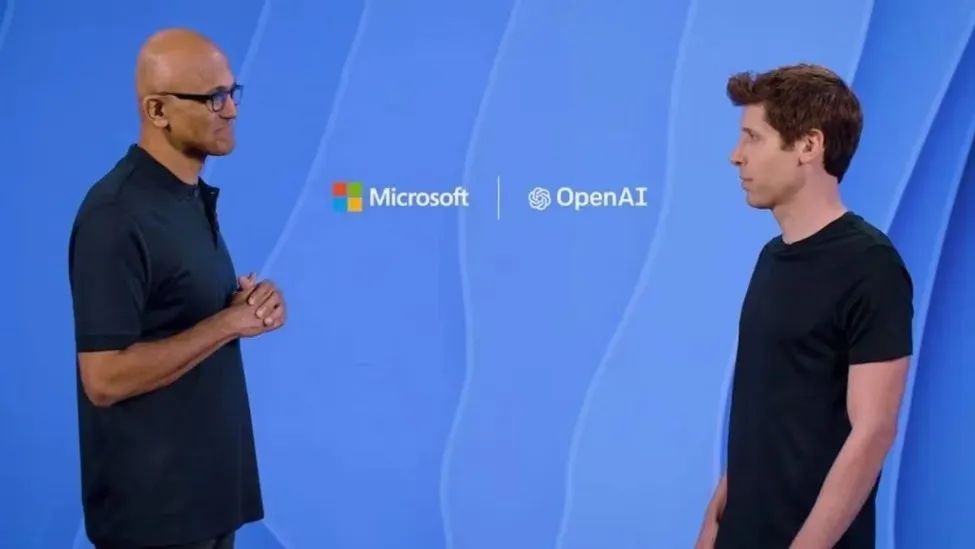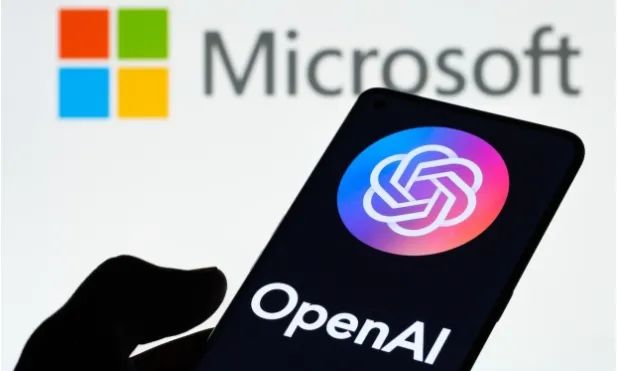OpenAI's Discounted Enterprise Version: A Sign of Divorce from Microsoft? Navigating the Future Path
![]() 06/19 2025
06/19 2025
![]() 543
543
Recently, OpenAI has introduced substantial discounts on its ChatGPT enterprise version, a strategic maneuver apparently aimed at capturing a larger market share amidst fierce competition. However, this move also underscores significant shifts in its relationship with Microsoft, a crucial partner, sparking rumors of a potential split. Why is OpenAI offering such steep discounts now? Why has its collaboration with Microsoft hit a roadblock? What path should OpenAI take moving forward? These questions have garnered considerable attention within the tech industry.
Review: The Partnership Journey of OpenAI and Microsoft
The partnership between OpenAI and Microsoft began in 2019 when Microsoft invested $1 billion to support AI development on the Azure cloud platform. Since then, Microsoft has significantly increased its investment, surpassing $10 billion cumulatively. OpenAI's rise to fame with ChatGPT has also propelled Microsoft to the forefront of the AI race. In January 2023, Microsoft injected billions more into OpenAI, accelerating R&D and integrating ChatGPT technology across Microsoft's product line, including Windows, Office, Azure cloud services, and Microsoft 365, enhancing AI capabilities and sharing in ChatGPT's revenue stream.

However, in 2024, subtle changes in their partnership began to emerge. Microsoft encountered conflicts between ChatGPT's underlying logic and Bing's, necessitating a large-scale reconstruction of Bing. Despite significant investment, Bing's monthly active user base remained low, failing to meet market expectations. Additionally, Microsoft's Copilot product received criticism from Salesforce CEO Marc Benioff for not meeting productivity benchmarks, indicating that Microsoft's AI performance has not fully lived up to expectations.
Differences: From Cooperation to Potential Divorce
In 2025, the contradictions in the OpenAI-Microsoft partnership gradually surfaced. OpenAI seeks to diminish Microsoft's control over its AI products and computing resources, aiming to transform into a for-profit company with Microsoft's approval, unlocking financing channels and pursuing an IPO. Conversely, Microsoft aims to acquire more shares in OpenAI's future structure than OpenAI is willing to offer, making negotiations exceptionally challenging.

According to insiders, due to the negotiation stalemate, OpenAI executives have even discussed a "nuclear option": accusing Microsoft of anti-competitive behavior, potentially involving federal regulators to review contract terms for antitrust violations or initiating a public relations war. This consideration of extreme measures underscores the severity of the conflict. Microsoft, too, is prepared, reportedly considering terminating the complex negotiation process. If key issues remain unresolved, Microsoft will rely on existing commercial contracts to maintain access to OpenAI technology until 2030. Moreover, Microsoft is currently satisfied with the current contract terms, suggesting that even if negotiations fail, it will not be significantly impacted.
OpenAI's heavily discounted enterprise version is partly a response to intensifying market competition, as technology giants like Google and Amazon increase investments in AI, introducing diverse products and services. To attract more corporate customers, OpenAI must lower prices to enhance competitiveness. This move is also OpenAI's attempt to explore new development opportunities in the enterprise market following the stalemate in its partnership with Microsoft.
To continue advancing in the AI market, OpenAI must consider and plan for multiple aspects in the future:
Technological Innovation and Optimization: Continuous investment in R&D resources is crucial to optimize the performance, accuracy, and efficiency of large language models, while exploring integration with other cutting-edge technologies.
Expanding Application Scenarios: Currently, AI tools like ChatGPT are primarily used for text generation and question-and-answer dialogues. OpenAI can delve into industries such as healthcare, finance, education, and manufacturing, exploring potential needs and developing targeted industry solutions to create more commercial value.
Strengthening Ecosystem: Amidst tense collaboration with Microsoft, OpenAI needs to foster its ecosystem by encouraging developers to use its APIs and tools, enriching AI application types and functions. Collaborating with more enterprises and research institutions to build an OpenAI-based ecosystem can reduce dependence on a single partner.
Exploring New Business Models: Offering customized AI consulting and solution services, conducting AI training and education, and exploring AI technology in advertising, marketing, and other fields can diversify revenue streams.
Regardless, the direction of OpenAI's relationship with Microsoft will significantly impact the tech industry. It not only concerns the future development of the two companies but also influences the global application and promotion of AI technology. We eagerly anticipate OpenAI finding the right path forward.







